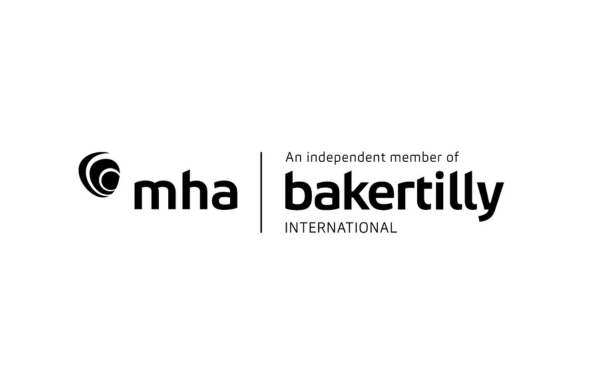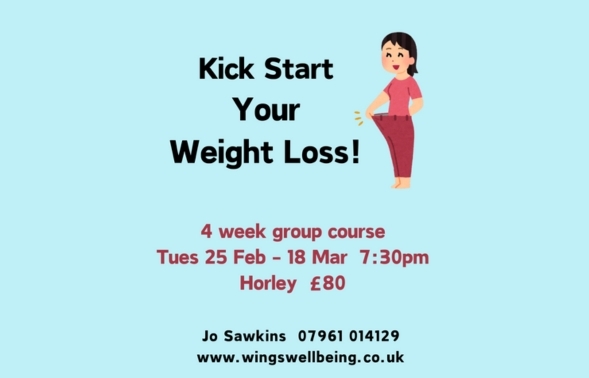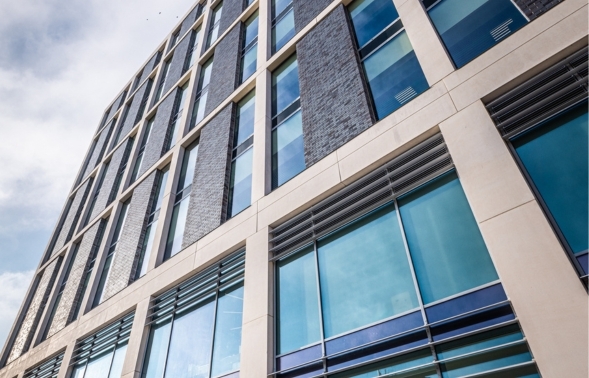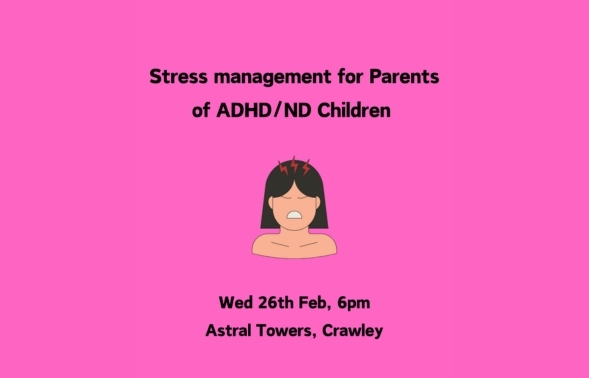I'm sure that many of you have seen articles highlighting the fact that this week is Mental Health Awareness Week. This has taken on increased significance in the Covid environment and will continue to do so as we ease out of lockdown. Amongst other things, this awareness week gives us a great opportunity to change how we view mental health and start to understand the challenges that people face with mental health problems and how they came to experience them, but, more importantly, how acknowledging their strengths in talking about these problems and how small acts of kindness help make the difference in dealing with them.
According to Mind.org approximately 1 in 4 people in the UK will experience a mental health problem each year, obviously these issues will range in severity. The COVID 19 pandemic has increased anxiety and depression for a number of reasons, which include:
- concerns about job stability;
- ending the furlough scheme and whether this will lead to redundancies;
- concerns about elderly parents or relatives;
- sending children back to schools in a climate where unions are expressing concerns about both the safety of staff and pupils;
- key workers' safety;
- stress involved in juggling home schooling and work commitments;
- isolation of working out of office and without the day to day support of colleagues;
and this is not intended to be an exhaustive list.
It is well documented that lockdown has impacted upon stress and anxiety for a number of people. Working from home can cause increased anxiety and depression as it becomes difficult to escape from the working environment that seeps into your home life. There is always the temptation to look at another email or respond to a phone call. All of this sandwiched around juggling childcare and home schooling with the added pressure of needing to be seen to work that extra bit harder to ensure that businesses survive and come out of the economic downturn. Lockdown brings a state of heightened anxiety which ordinarily would be alleviated by the simple leaving of the office or seeing friends or going to a gym, cinema or theatre, none of which are currently available.
Lockdown also impacts on our ability to recognise the signs of who is struggling, of who might need access to necessary support. Virtual team meetings have been essential and vital to continue to develop business and ensure continuity with clients, but they do not allow you to pick up body language which is often so helpful in assessing someone's mental state. At the best of times, people find it hard to accept that they are struggling and it is often perceived to be a weakness, which in a profession such as law no-one wants to admit.
I am not ashamed to say that I have struggled with anxiety, both pre Covid and post lockdown and I wanted to share my thoughts on how we help those around us who might be struggling, and to offer some personal observation on what works for me in these difficult times. The first and most important thing is to talk about mental health awareness and to identify the simple things that make a difference. As a firm we have done this and our Managing Partner, James Clewlow, summed it up at a meeting last week when he said that all we have to do is to be kind to one another. Whilst for me this sums up the ethos of PDT, it is also the theme of this week's mental health awareness campaign. For me, the opening up of a conversation about mental health wellbeing and creating a safe environment in which we can discuss such matters is the key starting point.
For me the second important thing is to be honest with myself and recognise when I am having a good day or a bad day, when I feel unmotivated or isolated and in so acknowledging these things, recognising the coping mechanisms that help me with such matters. Simply picking up the phone and having a conversation with a colleague (a problem shared) or taking the afternoon off, or going for a walk are key things that help me develop a coping strategy. If simple steps such as this don't work, then it is important that people can feel free to speak to a colleague that they trust so that they can get extra help or support and, in doing this, it is important that no-one should feel shame in doing so. Since lockdown I have really welcomed an increase in phone calls between those I work with not only to check up on the work that each of us are doing, but also to check up on how we each are. The phrase "how are you?" has taken on a new meaning and I have found that people who before lockdown found it difficult to talk on a personal level, have embraced the importance of demonstrating kindness and understanding.
The third thing that really makes a difference for me is to set a routine. Even though it might not be my normal routine, setting one has really helped. Not least because it gives you a perimeter to ensure that you avoid what I describe as a Covid burnout and that it allows you to have the mental breaks that you need. When I find it difficult to maintain such a routine, my family are great enforcers at helping me switch off and maintain that, often overused, expression of "work life balance".
Finally, I have found that being mindful of the wellbeing of others, of listening to others when they say they are struggling and simply asking a question "how are you?" has really helped me in myself. I always make the point of calling someone back the next day just to check in with them and I have found it amazing how such a simple act of kindness has made a difference to both myself and, I think, to how everybody copes with, what is at times, for different people in different levels, a difficult and challenging situation.
I hope that these personal observations and coping strategies that work for me might help and work for others.

















